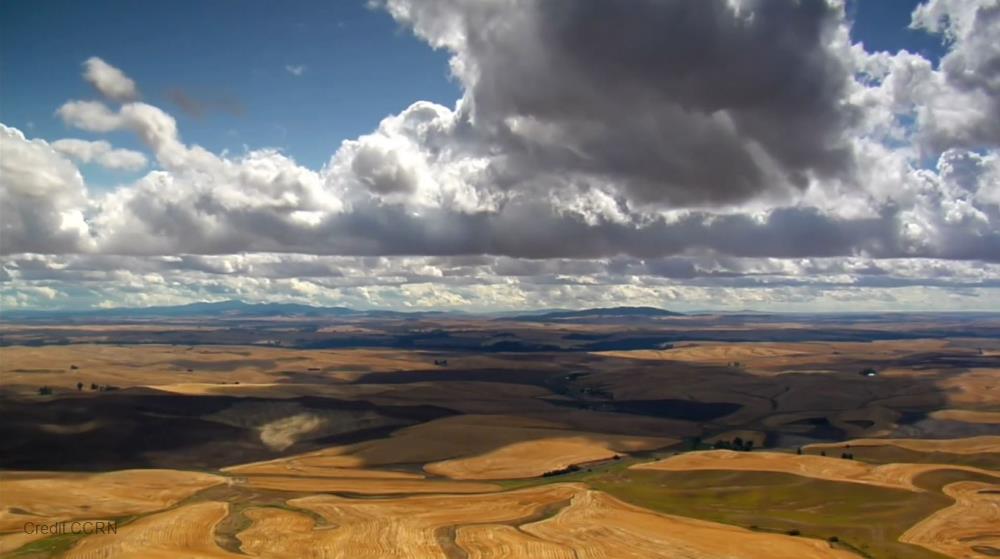
Related items loading ...
Section 1: Project Information
Project Name
COPE: Common Observation Period Experiment
Classification (e.g., "GWF Pillar 3", "CCRN", etc.)
INARCH
Project Websites
Project Description
INARCH is conducting a Common Observing Period Experiment (COPE) across a network of research basins which started in 2022 to coincide with the start of the snow season in the southern hemisphere, and continuing on until 2024.
During this "COPE", there will be an international, coordinated effort to
- obtain high-quality measurements
- ensure that all sensors remain in working order,
- enhance observations at all participating mountain research basins,
- fly supplementary UAV acquisitions, and to
- run high resolution models and work together to compare processes, share data, and test the robustness of these models in challenging environments around the world.
Why have a COPE? This initiative provides an opportunity for inter-comparisons across the global network of INARCH research sites and basins.
While different climates prevail across the network of sites and each are subject to temporally and spatially varying conditions and extreme events, we need to coordinate our own efforts and response to some of the observations and data and also coordinate the modelling. We need to engage the modelling community to ensure we have comparable observations for model testing and evaluation. In some instances there are teleconnections that may occur and can be of interest to examine. Further, by getting these instruments into place and the campaign underway, this would be a start for longer-term observations of higher quality that can be comparable. Tremendous value can accrue from activities such as this and the approach has been used in the past with various GEWEX initiatives (e.g., in western Canada some basins have stayed instrumented over time since the late-1990s). The other aspects are in providing testbeds for instrumentation that some of us may be developing and allowing us to share information about the density of instrumentation and other things that may be useful as people work on basins.
Project Participants
|
John Pomeroy | Steering Committee | University of Saskatchewan
Canada
Dept. of Geography & Planning
Canada Research Chair in Water Resources and Climate Change,
Director, Global Water Futures Programme,
Director, USask Centre for Hydrology,
Director, USask Coldwater Laboratory, Canmore, Alberta
John.pomeroy@usask.ca |
Ignacio López-Moreno | Steering Committee | Pyrenean Institut of Ecology
Spain
nlopez@ipe.csic.es |
Ekaterina Rets | Steering Committee | Institute of Water Problems Russian Academy of Science, Laboratory of river basins hydrology
Russia
retska@mail.ru |
Eric Sproles | Steering Committee | Montana State University
United States of America
Spatial analysis of snow and water resources
eric.sproles@montana.edu |
Ulrich Strasser | Steering Committee | University of Innsbruck
Austria
ulrich.strasser@uibk.ac.at |
Lindsey Nicholson | Steering Committee | University of Innsbruck
Austria
lindsey.nicholson@uibk.ac.at |
Rainer Prinz | Steering Committee | University of Innsbruck
Austria
rainer.prinz@uibk.ac.at |
James McPhee | Steering Committee | University of Chile
Chile
jmcphee@uchile.cl |
Franziska Koch | Steering Committee | University of Natural Resources and Life Sciences
Austria
franziska.koch@boku.ac.at |
Vincent Vionnet | Steering Committee | Environment and Climate Change Canada
Canada
vincent.vionnet@canada.ca |
Wouter Buytaert | Steering Committee | Imperial College London
United Kingdom
w.buytaert@imperial.ac.uk |
Ethan Gutmann | Steering Committee | National Center for Atmospheric Research
United States of America
gutmann@ucar.edu |
Dhiraj Pradhananga | Steering Committee | University of Saskatchewan
Canada
dhp355@mail.usask.ca |
Stephen O'Hearn | Coordination and support (Data) | Global Institute for Water Security
Canada
stephen.ohearn@usask.ca |
Chris DeBeer | Coordination and support | University of Saskatchewan
Canada
chris.debeer@usask.ca |
Current Status of this Project


 GWFNet
GWFNet Master
Master Data
Data Research
Research Map
Map
 Advanced
Advanced Tools
Tools
 . . .
. . .
 Metadata Editor
Metadata Editor
 Record List
Record List
 Alias List Editor
Alias List Editor
 Legacy sites
Legacy sites